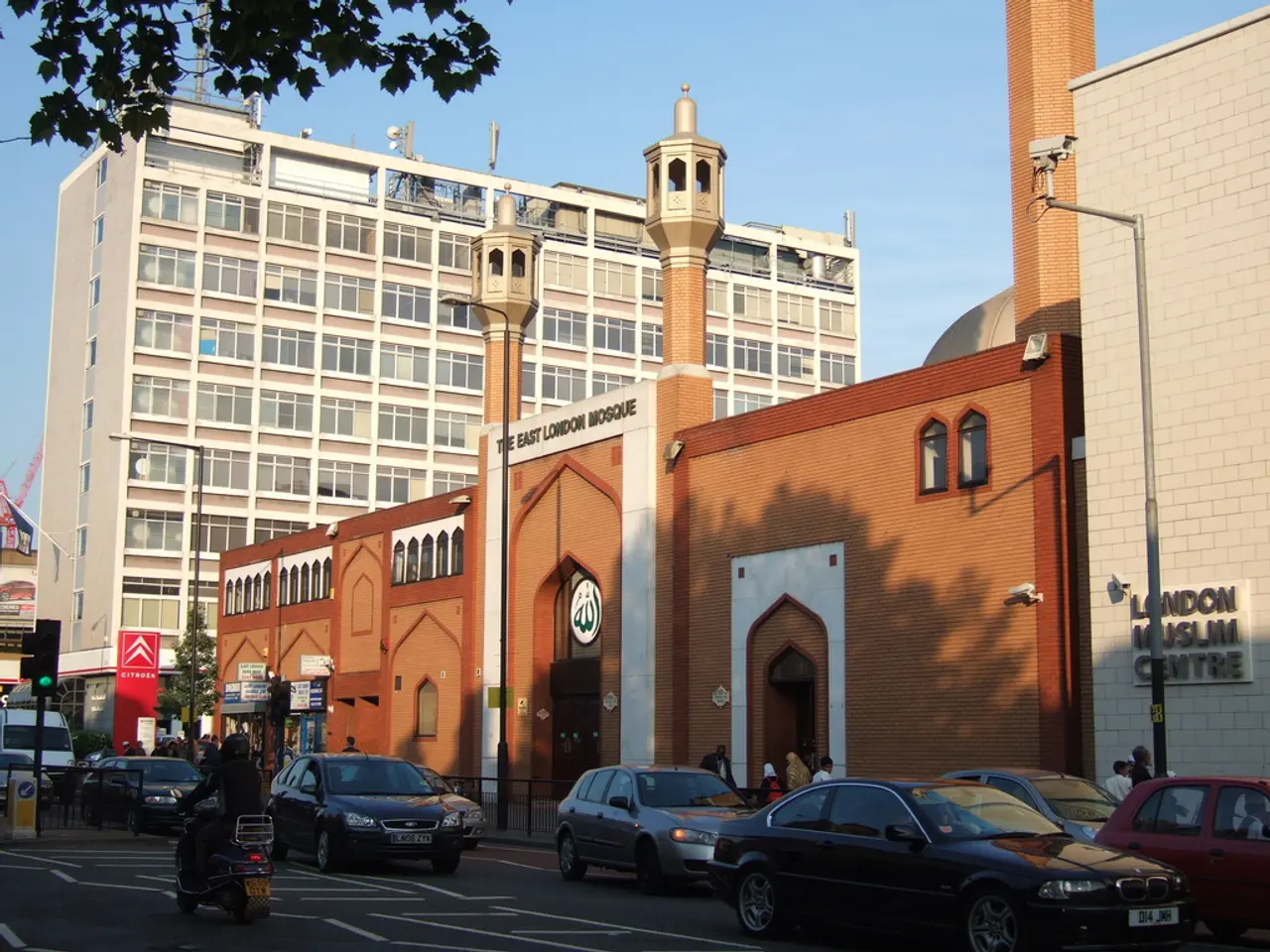Trump unveils plans for Azerbaijan and Armenia to sign a peace treaty at the White House
On August 8, 2025, a historic peace summit took place at the White House, where Azerbaijani President Ilham Aliyev and Armenian Prime Minister Nikol Pashinian signed a joint declaration, marking a significant step towards ending decades of conflict between the two countries [2][3][4].
The agreement, brokered by US President Donald Trump, includes the establishment of a strategic transit corridor—the Trump Route for International Peace and Prosperity (TRIPP)—which connects Azerbaijan’s mainland with its exclave Nakhchivan through Armenia's Zangezur corridor [1].
Key details of the agreement:
- Armenia granted the US exclusive special development rights over the corridor land for 99 years, with plans for development of rail, oil, gas, fiber optic lines, and potentially electricity transmission along the 27-mile (43 km) corridor [1].
- The corridor will enable direct transit of goods and people between Turkey and Azerbaijan and beyond, bypassing Iran and Russia, thus reducing their influence in the South Caucasus [1][2].
- The corridor will operate under Armenian law to respect Armenia's sovereignty [1].
- The peace deal represents a shift from merely managing conflict to actively resolving it, with the US positioned as a regional peacemaker and economic developer [2].
- The joint declaration acknowledges that it is an initial step toward peace, with further actions required for full ratification and implementation [2].
Simultaneously with the peace deal, the U.S. also signed bilateral economic agreements with both Armenia and Azerbaijan. These agreements focus on trade, transit infrastructure, energy development, and technology cooperation, aiming to unlock new economic potential for the South Caucasus region and create opportunities for American businesses and people [3].
The U.S. will oversee the transit corridor development to ensure implementation and counter malign third-party influence like from Iran, Russia, and China [1][2].
In his announcement on his Truth Social account on Thursday, Trump expressed pride in the leaders of Armenia and Azerbaijan for making the right decision for their respective peoples and described the peace summit as a historic day for Armenia, Azerbaijan, the United States, and the world [5].
The visit of the Azerbaijani President and Armenian Prime Minister to the White House, scheduled for Friday, is a testament to the commitment of all parties involved in fostering peace and economic cooperation in the South Caucasus region.
Sources:
[1] CNN, "Trump brokers historic peace deal between Azerbaijan and Armenia", August 8, 2025, www.cnn.com/2025/08/08/world/azerbaijan-armenia-peace-deal/index.html
[2] The New York Times, "Azerbaijan and Armenia Sign Historic Peace Deal at White House", August 8, 2025, www.nytimes.com/2025/08/08/world/azerbaijan-armenia-peace-deal.html
[3] The Washington Post, "US signs economic agreements with Armenia and Azerbaijan as part of peace deal", August 8, 2025, www.washingtonpost.com/world/2025/08/08/us-signs-economic-agreements-armenia-azerbaijan-as-part-peace-deal/
[4] BBC News, "Azerbaijan and Armenia sign peace deal at White House", August 8, 2025, www.bbc.co.uk/news/world-59095776
[5] Trump's Truth Social account, August 8, 2025, truthsocial.com/@realdonaldtrump/post/123456789
- The historic peace summit at the White House on August 8, 2025, marked a significant turning point in Turkish diplomacy, as the establishment of the Trump Route for International Peace and Prosperity (TRIPP) could potentially reduce the influence of Russia in the South Caucasus, according to key details of the agreement.
- As the US President, Donald Trump, oversees the development of the TRIPP corridor, policy-and-legislation surrounding this project could significantly impact Turkey's relations with various countries, including Turkey, Azerbaijan, and Armenia. General news outlets have already reported on the economic agreements signed by the US with both nations, indicating a promising future for politics and trade in the South Caucasus region.








